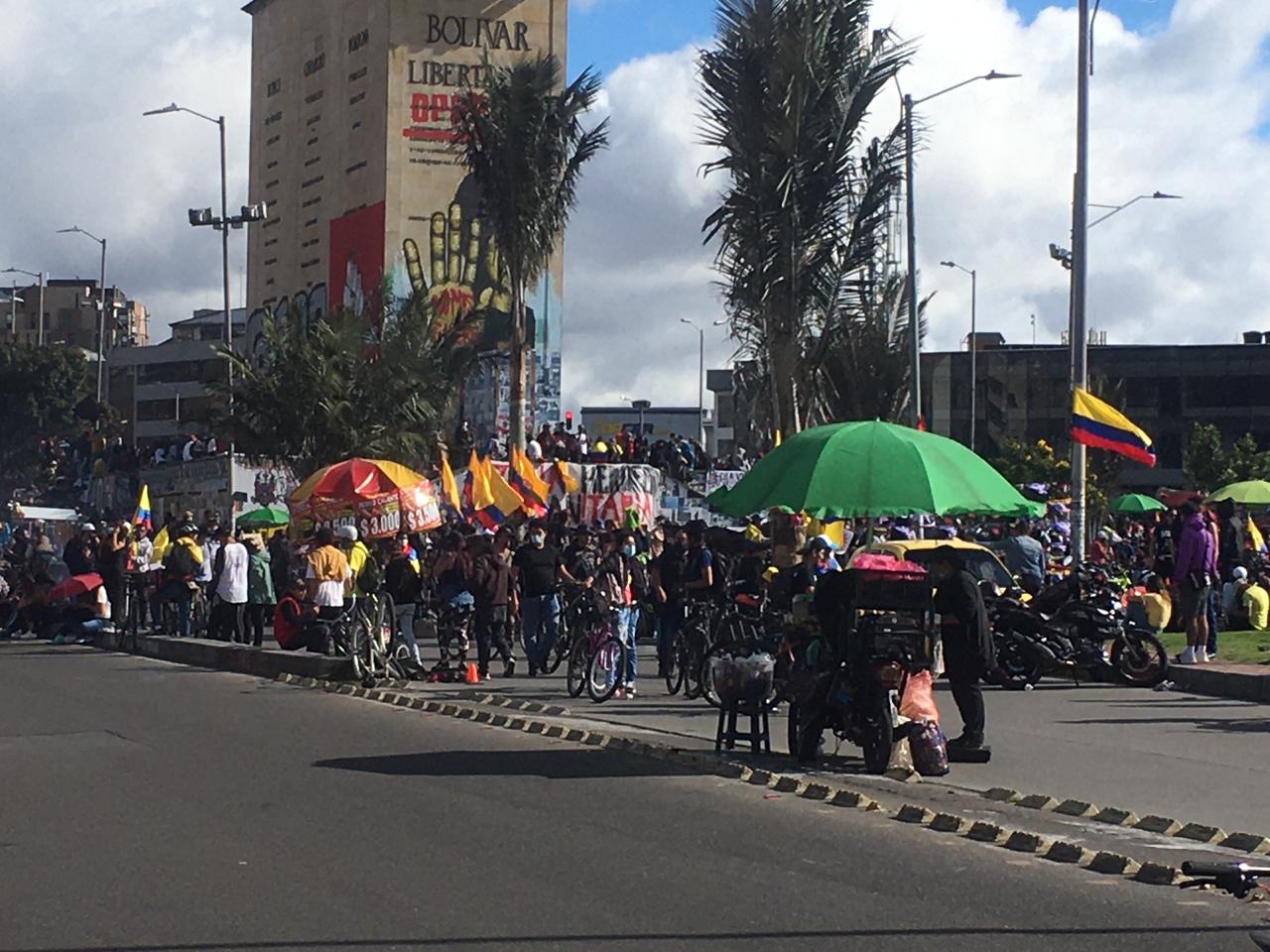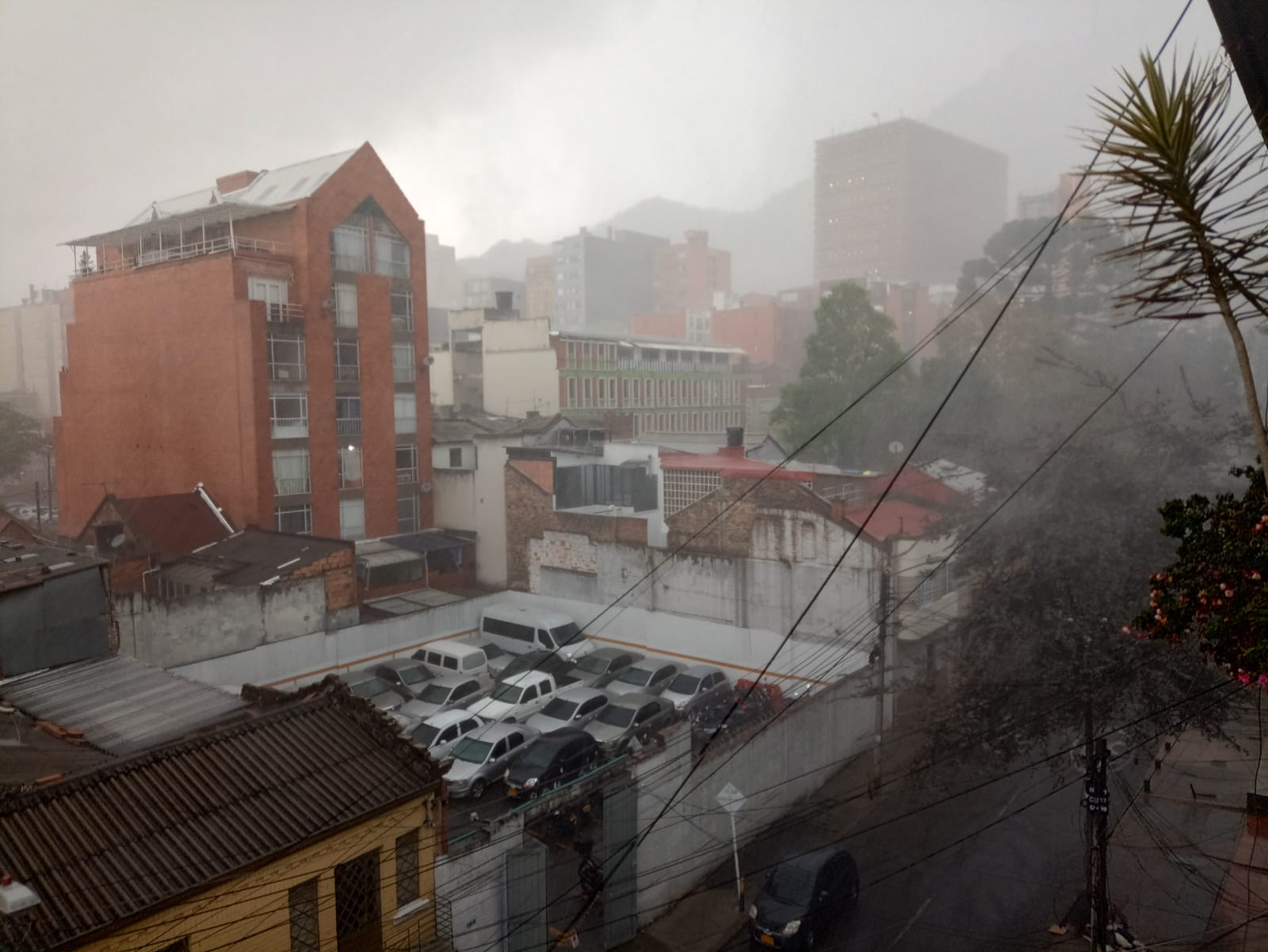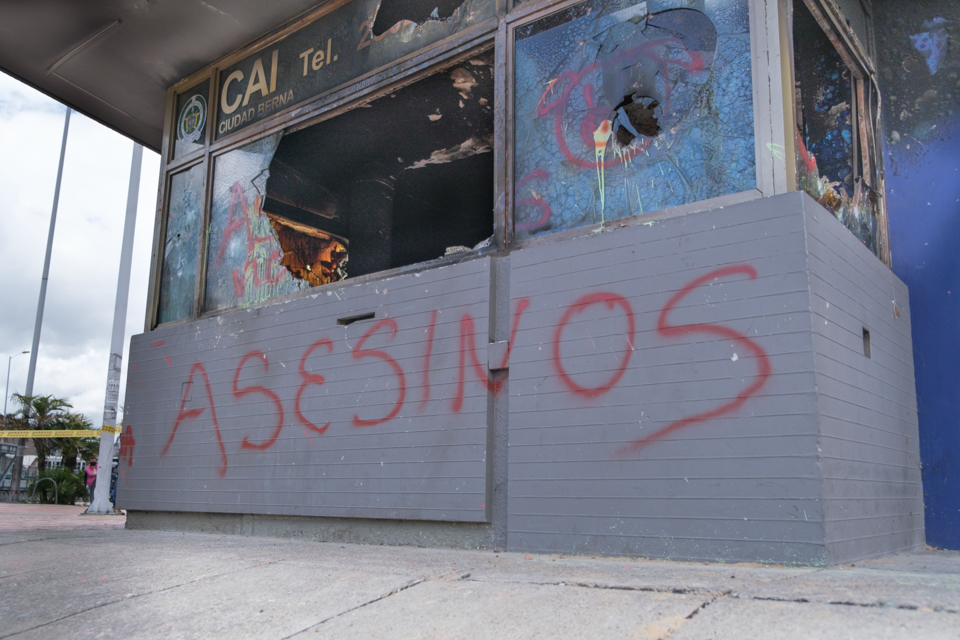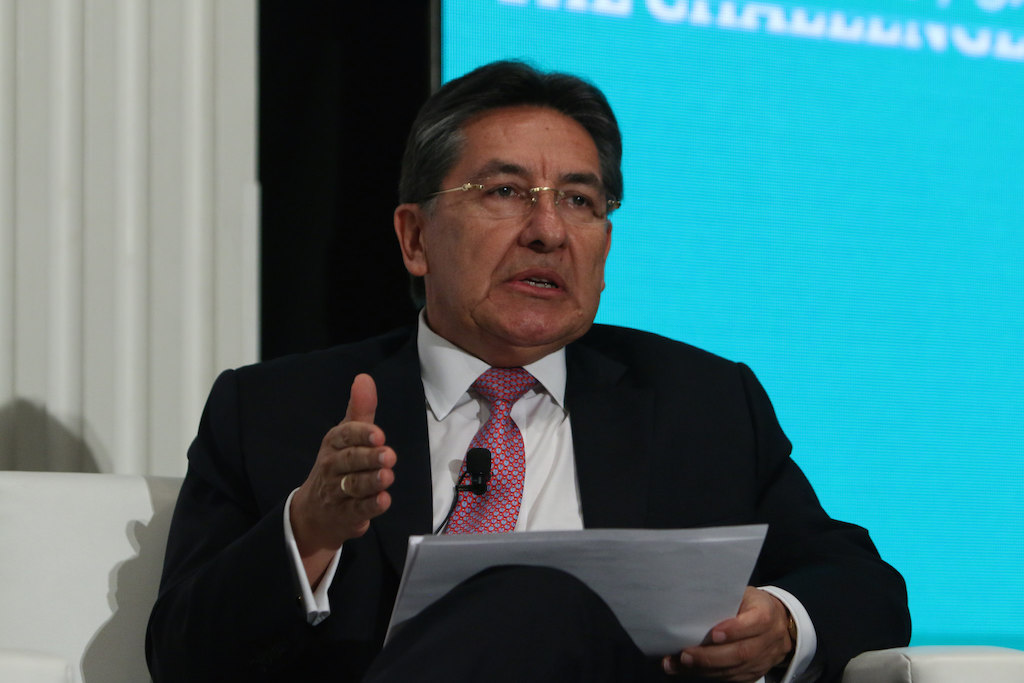As countries around the world struggle to control the spread of the COVID-19 virus, many tourists are stranded and unable to get home.
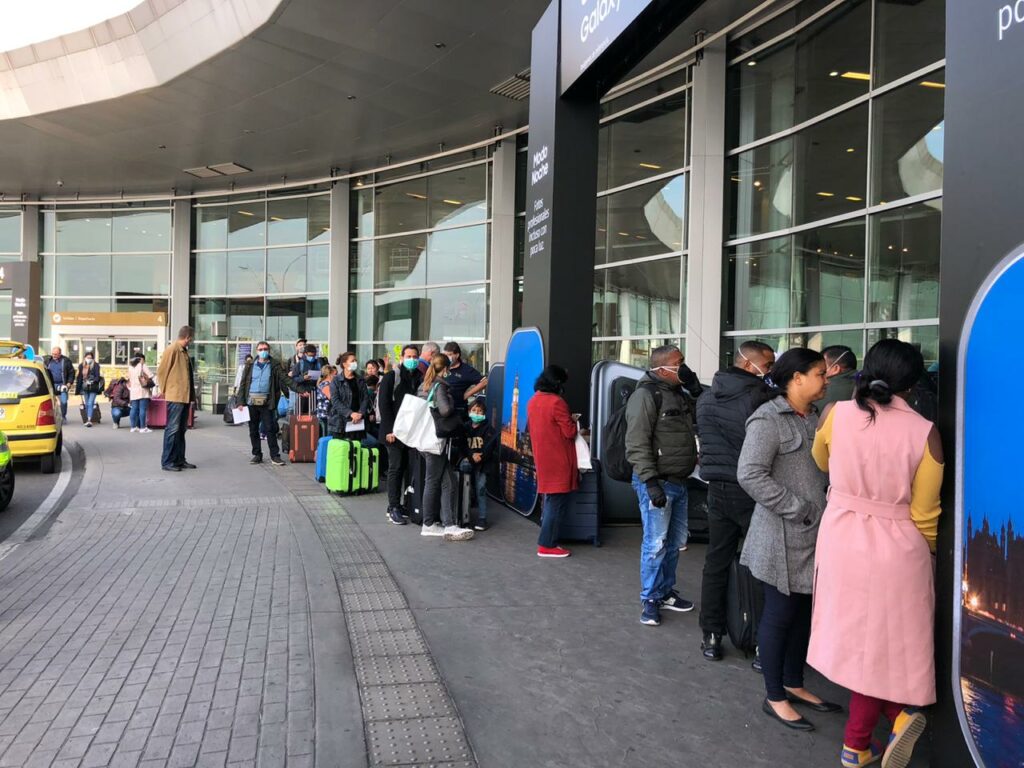
COVID-19, more commonly known as the coronavirus, has wreaked havoc worldwide with shutdowns, quarantines and isolation restrictions. As governments react to an ever-evolving crisis, travellers worldwide have been stranded by border closures and flight restrictions.
There are Colombians stuck in various countries. And a number of travelling foreigners have found themselves on the wrong side of the border. As of Monday, March 23, the country is shut to international flights. Some embassies and airlines have been successful in negotiating additional flights to help the tourists who cannot get home.
For example, the Swiss embassy has been able to organise a humanitarian flight with Edelweiss airline to Zurich departing today from Bogotá. The Dutch embassy has worked with KLM-AirFrance to open flights in the coming days. KLM will run a Bogotá-Cartagena-Amsterdam flight today and another on Thursday, March 26. AirFrance will be operating a Bogotá-Paris route today, tomorrow, March 25 and March 26.
But many foreigners remain here. Those who came to visit friends or relatives have a place to stay for the time being. Others are stuck in hotels or backpacker hostels and quickly running out of money. Many have made it home, or are about to. The Bogotá Post spoke to some of these people to find out how they are coping and what actions they are taking.
For those who came to visit family, the situation is more manageable. Anežka is a Czech biologist who arrived on March 2 with her Colombian husband and three-year-old son. They came to visit family for a few weeks before returning to the Czech Republic on March 23. As events started to be cancelled and shops and institutes started to close, Anežka says her and her family tried to contact their airline Lufthansa, which was one of the first to announce flight stoppages to Colombia. When she got through, there was little that could be done.
Unsurprisingly, all airlines have been overwhelmed by calls from worried passengers. Lufthansa has offered passengers the possibility to rebook flights for free, but that will only help when flights start running again.
Anežka, who is a Type 1 diabetic and uses an insulin pump, says that by the time she knew her flight had been cancelled, the prices on other airlines were prohibitively expensive. If you are a foreigner in Colombia – with or without a medical condition – make sure you have access to healthcare and extend your travel insurance if necessary.
Anežka and her family are booked on a chartered flight organised by the Czech government that will leave Colombia today.
Swedish-national Niklas who lives in Medellín with his wife told The Bogotá Post about how the situation has affected his parents, both over 70. Niklas says they arrived on March 6 and had been in Cartagena when the country started to shut down. Their flight home was rescheduled for March 23, and then cancelled again.
Read all our coverage on the coronavirus in Colombia
While the elderly couple have a place to stay with their son, the situation is far from comfortable. His mother had broken her arm prior to the journey, and in a bid to avoid hospitals Niklas says they had to cut her cast off at home today. They say that the issue worrying them most is not so much that of money but rather homesickness. “They just want to get back home,” he says.
Those who do not have friends or family to stay with are stuck without any support networks and dwindling cash reserves. US-citizen Ajae told us he had been travelling for two months on the Caribbean coast, through Barranquilla, Santa Marta, Palomino and Taganga.
It was only when he arrived in Bogotá that he realised the gravity of the situation and the threat began to feel more serious. He describes arriving in Bogotá as entering a “hostile environment,” especially as a foreigner, and says that he has had to find new accommodation due to hostels shutting down.
At the moment, Ajae is staying at a hostel in La Candelaria with some other foreigners, mostly American and European, who are also paying per night whilst struggling to find a way home. He adds that police have raided the hostel multiple times with immigration to check passports. It was during one of these checks that he realised he had lost his passport while withdrawing emergency money, making his situation all the more difficult. He tells us that the US embassy has suggested buying a commercial flight, but with Ajae’s financial situation quickly worsening, it doesn’t look as though this will be a viable option.
Brendan, a US citizen, landed in Bogota on February 28, just before immigration began implementing a 14-day quarantine for foreigners entering the country. His plan was to travel Colombia for a few months but was caught up in Boyaca when Claudia López announced the four-day quarantine drill for Bogotá. He is currently staying in an Airbnb in Tunja, unable to return to the capital due to closed bus terminals. He says he has no option but to stay in the Airbnb until the national quarantine ends, but of course, nobody knows when that will be. However, Brendan remains hopeful that there may be a possibility of a repatriation flight in the coming week.
French solo female traveller, Ewa, told us of her struggle to return home. She did manage to get out of the country before the international flights were stopped, but has this advice for those who are still here: “I would advise those who do not have a stable place to stay (apartment or Airbnb) to try their best to leave the country as things might get more unstable and difficult for foreigners.” She added, “The uncertainty of how long the lockdown will last is a big worry. It could be months. Also, given that this is still a developing country, I would say that the social and economic situation for now is more of a worry than the medical and sanitary risks.”
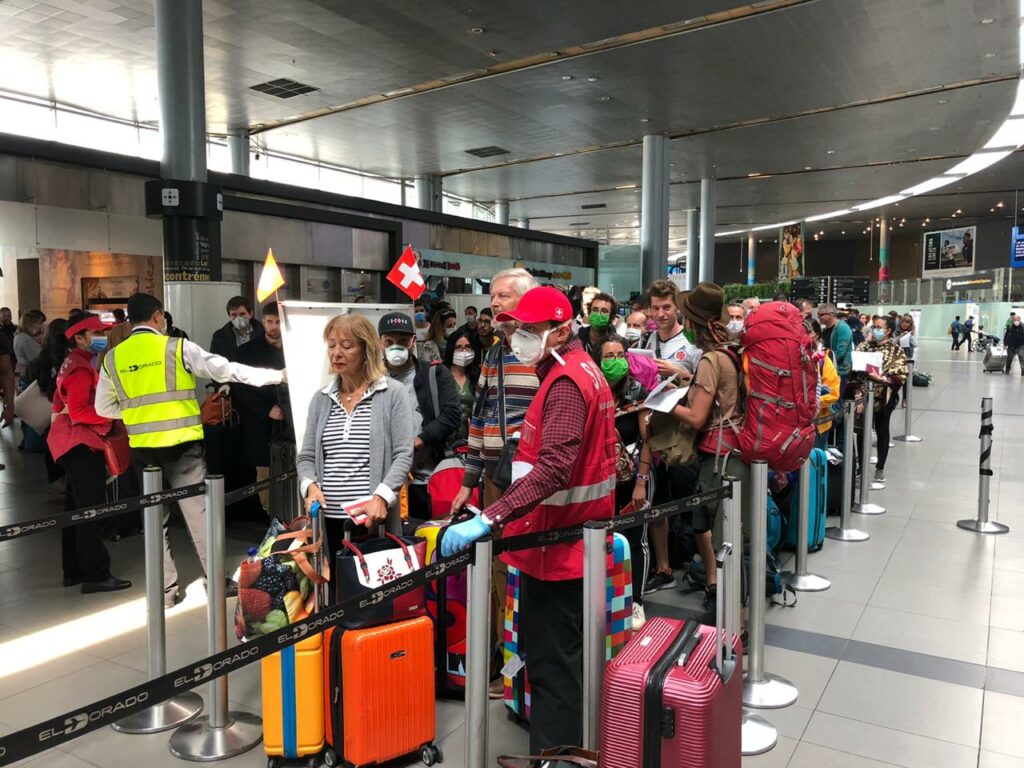
What can you do if you’re a traveller stuck in Colombia?
- Try and get home. Some embassies and governments have managed to organise flights and if you act now you might be able to get on one of them.
- Call your country’s embassy. They will be able to give you advice and the necessary information regarding any repatriation flights. Be patient as they will be receiving many calls like yours, and follow their twitter and social media accounts for the latest updates. Don’t expect them to work miracles or cover the cost of your flight.
- Even if you can’t get through by phone, go to the embassy website and do what is indicated. If your government has a registration platform for their citizens abroad, sign up so that the embassy is aware of your whereabouts and status.
- Find an inexpensive place to stay for at least a month. While the quarantine is set to end on April 13, be prepared for it to last longer.
- If you have insurance, contact your insurer to find out what help is available. Again, be patient as there will be a high volume of calls.
- Check your insurance coverage and buy or extend health insurance if necessary. You do not want to be in another country during a global pandemic with no health coverage.
This list of open hotels and hostels was shared by the Dutch embassy this week:
If you are unable to get home, don’t panic. Colombia is already taking early action to stop the spread of the virus and the big cities have good supplies of food and water. During the nationwide quarantine, you can still go to nearby shops and there’s plenty of food delivery services available. Use social media to keep in touch with friends and family and try to look after yourself wherever you are.

